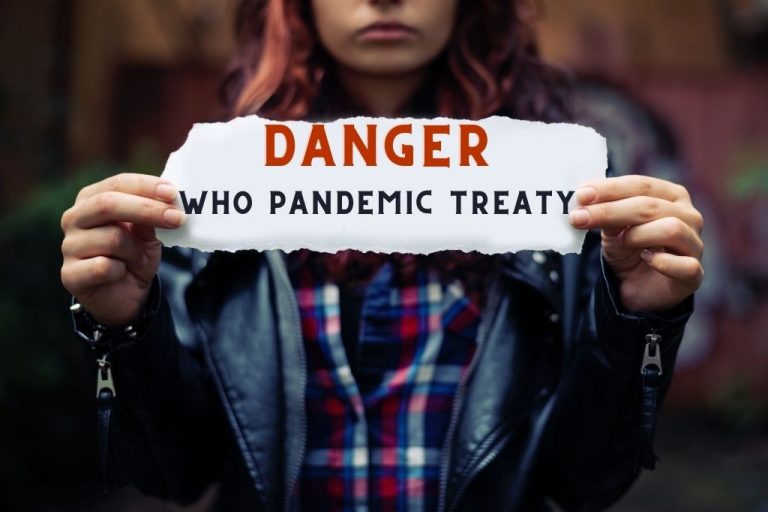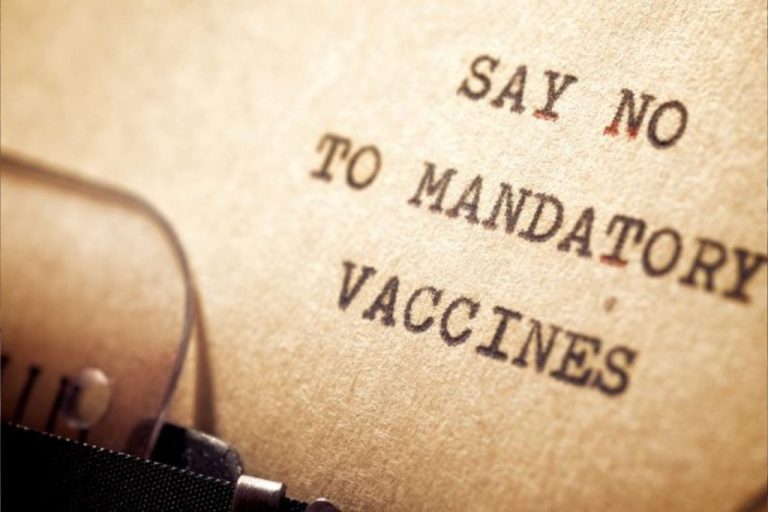Were 20 Million Lives Saved By the Covid-19 Vaccination Program?

The Covid-19 pandemic has raised serious issues of publication fraud in what were once respected medical journals. We have discussed this in relation to the deliberate obliteration of Ivermectin as a safe and effective compound in prevention and treatment of Covid-19, most recently here.
In June 2022 The Lancet published Global impact of the first year of COVID-19 vaccination: a mathematical modelling study, in which authors claim an outcome of up to 20 million lives saved by the vaccination program. This declaration of vaccine efficacy looks and sounds impressive but is it correct?
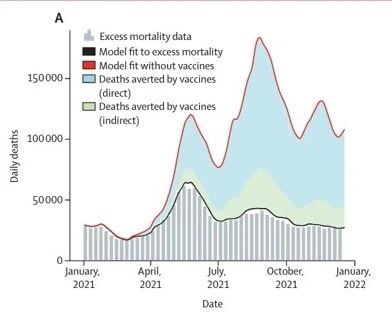
Brief History of Mathematical Models
Mathematical modeling hit the pandemic stage in March 2020 when a team of epidemiological modelers published Report 9: Impact of non-pharmaceutical interventions (NPIs) to reduce COVID-19 mortality and healthcare demand. Led by Neil Ferguson, a professor of mathematical biology at Imperial College in London, the report predicted that without strict mitigation measures 510,000 British and 2.2 million American citizens could die. The calculations were based on a multitude of assumptions not reflective of real world data and influences.
Governments listened and the world snowballed into a lockdown rollercoaster. As unelected non-experts with obvious ulterior motives and vested interests told us “the world will not go back to normal“, strange ideas with no supporting public health evidence were promoted as infectious disease mitigations. Many of these measures continue to be lauded by academic and/or political “experts” with funding and/or other gratuitous connections to the unelected groups so keen on eroding societal norms.
Professor Ferguson has a history of over-estimating infectious disease threats. In 2002 he predicted 150,000 deaths from “mad cow disease” (aka bovine spongiform encephalitis or BSE); the total number of deaths in the UK since 1990 is 178. In 2005 he predicted 150 million bird flu deaths; the final number over six years was 282 deaths worldwide. In 2009 he predicted 65,000 British deaths from Swine Flu; the final number was 457. His models rely on an old computer code which attempts to simulate real life and has been ridiculed by coding experts as “totally unreliable” and “a buggy mess“.
As shown by the best infection fatality rate estimates, Covid-19 poses a very low threat to the general population. So how did The Lancet study come to the magnificent figure of 20 million lives saved by the vaccine? Lead author Azra C. Ghani co-authored a July 2020 modeling paper alongside Professor Neil Ferguson, which is used as the main reference point for the most recent study. An Infectious Disease Epidemiologist also based at Imperial College, Professor Ghani obviously trusts her own work. But should it be trusted?
Conflicts of Interest at Imperial College
The conflicts of interest run too deep for this article, but some vested interests are worth highlighting here. According to filmmaker Lilian Franck in her 2018 documentary TrustWHO, Neil Ferguson was receiving consultancy fees from at least three vaccine manufacturers at the time of his involvement as an advisor on Swine Flu in 2009.
Since 2002 Imperial College London have received 81 grants from the Bill & Melinda Gates Foundation to the tune of more than US$300 million. The 2021 Annual Report of Imperial’s Institute of Global Health Innovation acknowledges more than 50 donors, including the Gates Foundation, Wellcome Trust, Bayer, Pfizer, Roche, Google, WHO and an entity named Schwab.
The paper acknowledges the following conflicts of interest.
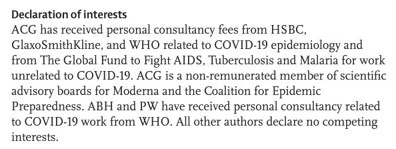
Independent Peer Reviews of the Claim of 20 Million Lives Saved
Doctors 4 Covid Ethics
In August 2022 Doctors 4 Covid Ethics published The Watson et al. “modeling study”: did “COVID vaccinations” really prevent 14 million deaths?, providing a detailed analysis of The Lancet study. Their conclusions include the fact that the authors reference inflated death counts and mathematical calculations based on false assumptions such as no pre-existing population immunity and the idea that only political measures can mitigate risk. They also highlight the serious conflicts of interest acknowledged by the authors.
Dr Clare Craig
Pathologist and member of the UK’s HART Group, Dr Craig describes the claim of 20 million lives saved by Covid-19 vaccination as “an absurdity” and wonders if Imperial College are trying to test the gullibility of the public. In her brief video analysis she shows a number of graphs including the real-world trajectory of cumulative deaths worldwide which did not change at all after the introduction of the vaccines.
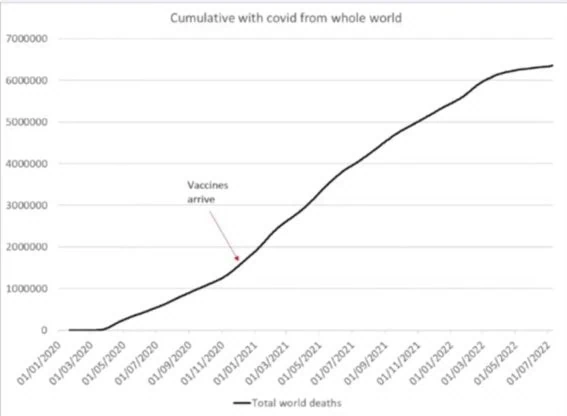
Dr Craig also compares pre-vaccination and post-vaccination death rates in countries across South-East Asia, including New Zealand, showing far higher death rates occurring after the vaccine rollout. She recognises that once-trusted sources are now not much more than pharmaceutical industry publicists.
Ivor Cummins: The Fat Emperor
Biochemical engineer, complex problems analyst and metabolic science expert Ivor Cummins (known on social media as The Fat Emperor) reviewed a number of concerning scientific claims in his recent Simplified Science video, Insane Vaggzine Propaganda. After researching and studying thousands of published papers over the past few years, Cummins describes The Lancet study as “extraordinary and quite shocking” and “utter, unscientific absurdity”. He highlights the authors’ conflicts of interest and the way in which such papers are used by the pharmaceutical industry to defend their products.
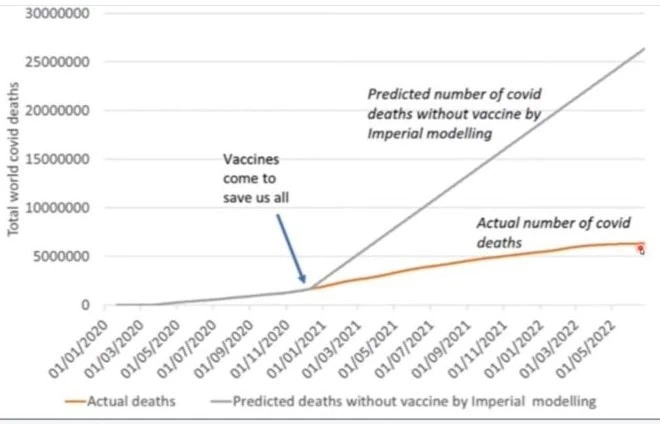
Professor Norman Fenton: Queen Mary London University
Professor of risk information management, Norman Fenton reviewed this study briefly in a two minute clip Why we cannot ignore the Lancet claim that the vaccines saved 20 million lives. Professor Fenton seems incredulous, outlining the “obviously flawed modeling” leading to the claim of 20 million lives saved.
Whilst he acknowledges that the study is so ludicrous that it deserves to be ignored, Professor Fenton explains that he addressed it due to the fact that studies like this are used by the pharmaceutical industry to close down debate about vaccine harms. He shares the example of Astra Zeneca representative and World Economic Forum member, Iskra Reic, referencing the claim of 20 million lives saved to a European parliament special committee in December 2022.
Were 20 Million Lives Saved by Covid-19 Vaccinations?
Reading and interpreting medical journal articles is a skill which requires education and attention. Even those who have the skill will often only look at an introduction and conclusion without analysing the full manuscript.
Understanding that the most esteemed institutions, highest impact publications, dominant media outlets and government officials are all vulnerable to influence from pharmaceutical industry power and funding is the first step in differentiating propaganda from quality science. The solution is to seek out independent peer reviews of papers making claims which sound too good to be true and / or do not appear to match real world data.

